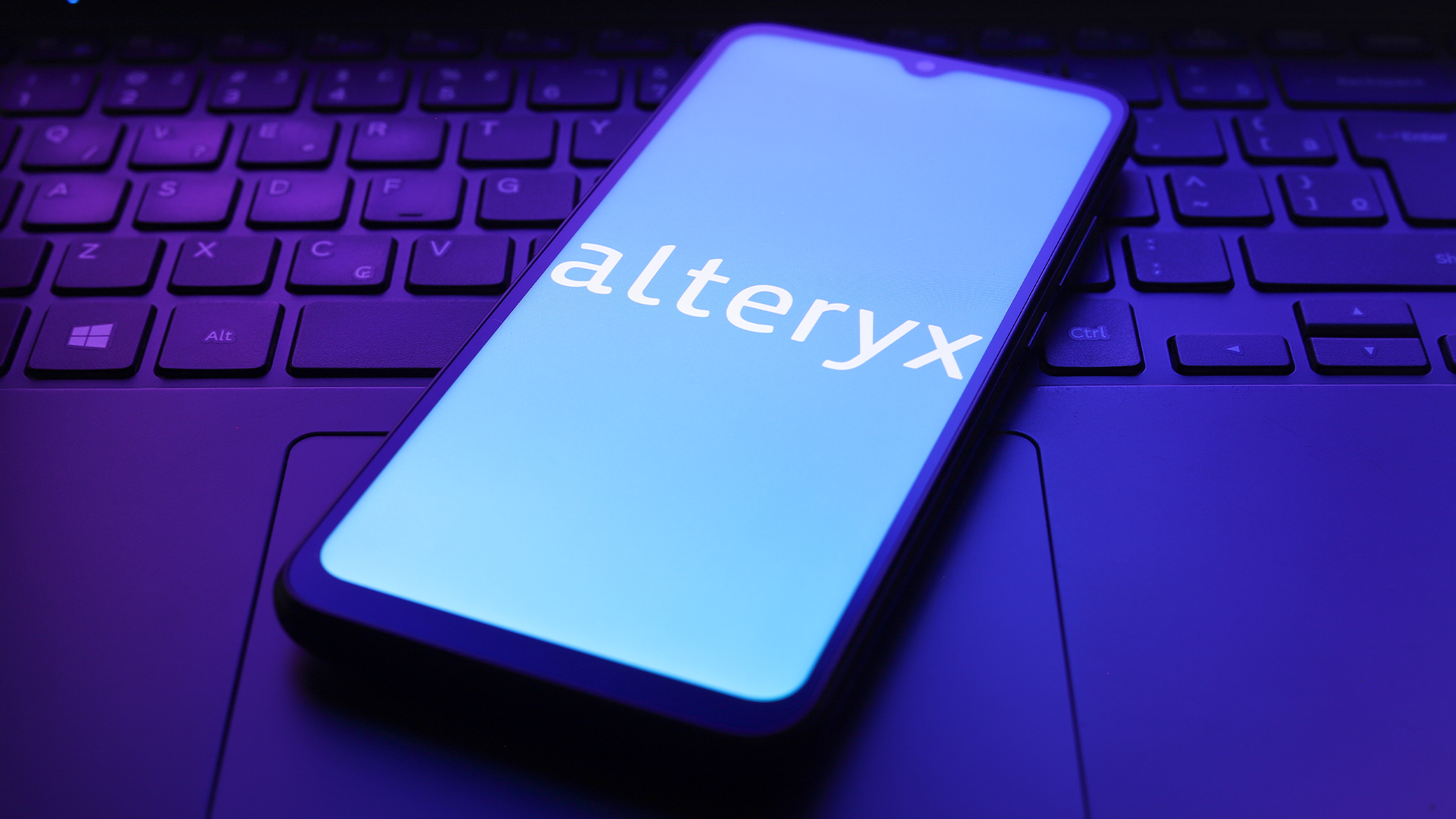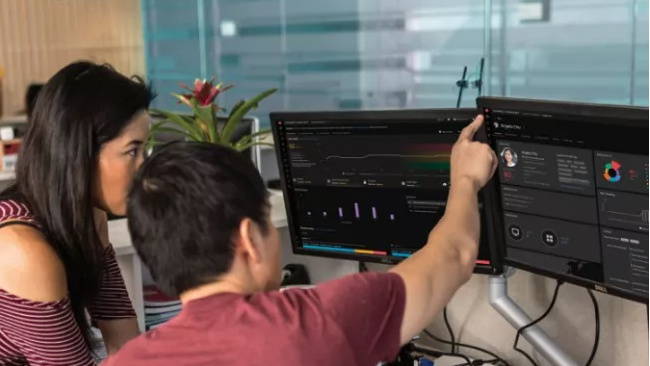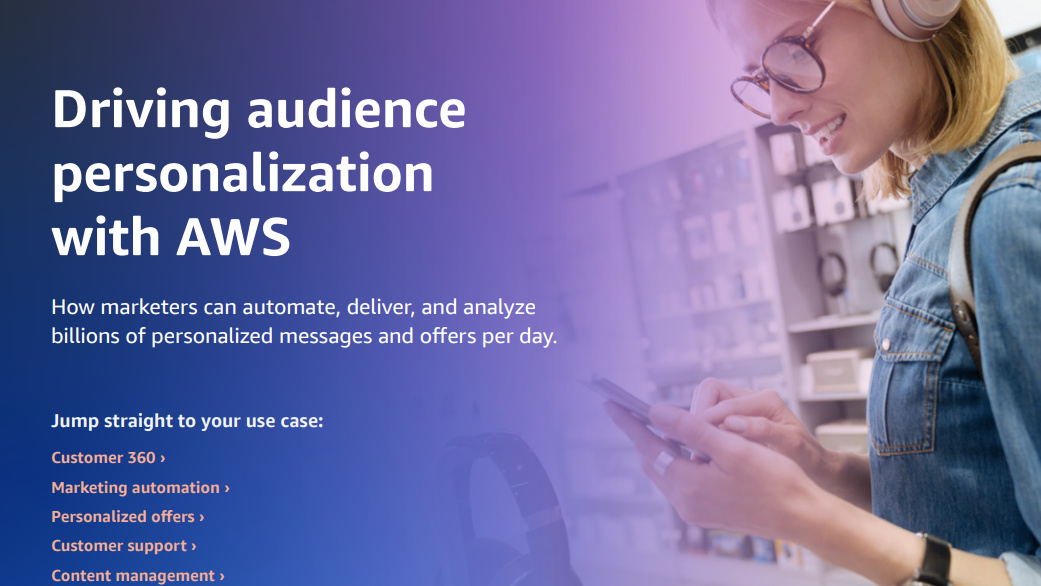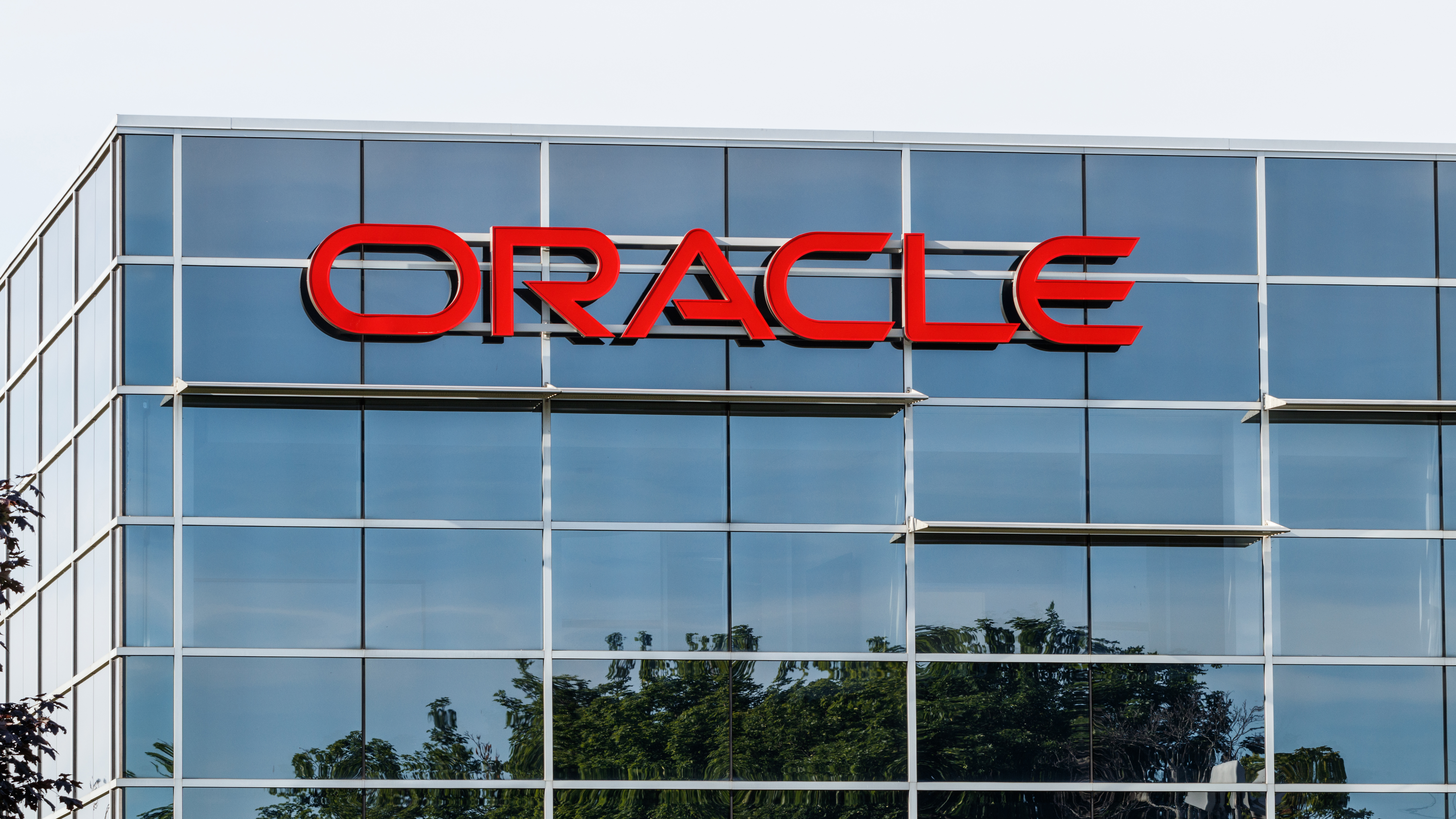NHS Digital has lofty ambitions when it comes to its data sharing roadmap
More “granular” and standardised patient information could pave the way for seamless data-sharing


Data sharing within the NHS has always been a contentious topic, with its long history of failed projects and scandals anchored on breaching patient privacy. Take the DeepMind controversy, where sensitive patient information was handed to Google's AI research division without their consent. And who, of course, can forget care.data.
NHS Digital's latest data sharing initiative hinges on standardising the data that is collected from patients, as well as vastly raising the level of detail in this data. Its vision, according to consultation papers, is to clean up the data that is collected, and open this up to commissioners, researchers, and public health planners. The effort will require collective input and collaboration not just across the wider NHS, but suppliers, regulators, and the Department for Health and Social Care (DHSC).
Currently, the Data Coordination Board oversees an extensive list of all information standards and data collection instances within the health service. This ranges from the 'healthy child programme' to the 'systemic anti-cancer therapy data set'. This is a monumental amount of data, much of which is segmented in different silos and not standardised in a meaningful way.
It's an eye-watering amount of data, as anybody can see, but these plans would still kick it up a notch. Clinicians and others will be expected to collect "granular" levels of data about their patients using the SNOMED CT standard, and link this with other NHS data to support direct care. This process comprises the first phase of the journey.
This SNOMED CT standard is a worldwide process for recording highly detailed clinical information about a patient that would allow data to be shared across the health and social care landscape. It was rolled out in a phased approach in primary care units from last year, with secondary care units expected to use the system by 1 April 2020. This would also pave the way for advanced analytics to improve the quality of healthcare outcomes.
Phases two and three, meanwhile, will involve first improving the insights that can be extracted from SNOMED CT coded patient data, and secondly to establish the workflows that can channel this data into a format accessible by external parties such as researchers.
But there are several causes for concern with these plans, specifically with regards to trust in the NHS for handling such sensitive and detailed patient information. NHS Digital maintains that it publicised the consultation widely, sharing this in its bulletins and with relevant stakeholders appropriately, although others disagree this was extensive enough. It opened in February, before shutting quietly last Wednesday.
Get the ITPro daily newsletter
Sign up today and you will receive a free copy of our Future Focus 2025 report - the leading guidance on AI, cybersecurity and other IT challenges as per 700+ senior executives
Secondly, trust, or at least the perception of trust, is a major issue, as NHS Digital's CEO Sarah Wilkinson herself outlined recently, according to Digital Health. Speaking at an AI in healthcare event earlier this month, Wilkinson warned that a lack of clarity around the use of data was slowing down progress, and that a lack of trust in the system could have a dramatic impact on research. Ultimately, she reiterated the need to "directly address people's concerns by laying out our ethical approach to dealing with data and providing absolute clarity on how we intend to use health data".
For medConfidential's Phil Booth, meanwhile, the vision itself at the heart of the plans is "deeply concerning", with the campaign group's coordinator also suggesting there were enough loopholes for the data to make its way into the hands of commercial bodies. He also argued that if people knew about the extent of the NHS' data-sharing plans, the number of people using NHS Digital's opt-out tool could exceed 25% of patients. This would be enough to render the dataset useless.
"Let me be very clear, everything stored in your medical record is stored as a dated, coded event. What was very striking, was the clear intention for the coded data to be flowed not just between clinicians or for the use of someone's direct care, but into other uses up to right at the top; policymakers," he told IT Pro.
"This is precisely what the whole debate was around with care.data back in 2014, which is taking the rich, detailed data from GP records, and taking it and flowing it for secondary uses. This could include commissioning, as well as planning and audit.
There is, of course, sound reasoning for any perceived distrust between the wider public and the NHS when it comes to safeguarding patient data. Despite pushing a relatively optimistic outlook, the past has been blighted with issues. For example, there are a number of blunders that come to mind, including one case of 150,000 patients' data being shared against their expressed consent, not to mention the time researchers learned the NHS lost almost 10,000 patient records in 2017.
How NHS Digital's opt-out mechanism, which has been in force since last year, will affect its ambitions is also yet to be seen. The consultation document failed to reference whether this factors into consideration nor did it make any mention of patient consent in general.
"No new data will ever be collected or processed by NHS without going through rigorous, public processes to ensure that the collection has a clear legal basis and is proportionate in scope," an NHS Digital spokesperson said.
"Our Data Processing Services Programme is separate from any proposals around the type of data that we collect, but will improve the way that we collect, store and process data, in line with our statutory functions."
The roadmap to improving data-sharing standards within the NHS has been laid out in some detail, with a clear vision too. But there remains a sea of factors all parties involved must tackle if these plans stand any chance of success.

Keumars Afifi-Sabet is a writer and editor that specialises in public sector, cyber security, and cloud computing. He first joined ITPro as a staff writer in April 2018 and eventually became its Features Editor. Although a regular contributor to other tech sites in the past, these days you will find Keumars on LiveScience, where he runs its Technology section.
-
 Bigger salaries, more burnout: Is the CISO role in crisis?
Bigger salaries, more burnout: Is the CISO role in crisis?In-depth CISOs are more stressed than ever before – but why is this and what can be done?
By Kate O'Flaherty Published
-
 Cheap cyber crime kits can be bought on the dark web for less than $25
Cheap cyber crime kits can be bought on the dark web for less than $25News Research from NordVPN shows phishing kits are now widely available on the dark web and via messaging apps like Telegram, and are often selling for less than $25.
By Emma Woollacott Published
-
 Alteryx unveils double leadership appointment in fresh growth drive
Alteryx unveils double leadership appointment in fresh growth driveNews Alteryx has announced the appointments of Jon Pexton as chief financial officer and Steven Birdsall as chief revenue officer.
By Daniel Todd Published
-
 Three-quarters of data analysts are still reliant on spreadsheets and manual preparation – but AI tools are now transforming the profession, boosting productivity, and supercharging efficiency
Three-quarters of data analysts are still reliant on spreadsheets and manual preparation – but AI tools are now transforming the profession, boosting productivity, and supercharging efficiencyNews Data analysts are still largely reliant on spreadsheets and manual preparation techniques, but AI and automation are shaking things up.
By Solomon Klappholz Published
-
 More than a number: Your risk score explained
More than a number: Your risk score explainedWhitepaper Understanding risk score calculations
By ITPro Published
-
 Automate personalization with AWS
Automate personalization with AWSWhitepaper How marketers can automate, deliver, and analyze billions of personalized messages and offers per day
By ITPro Published
-
 How LaLiga championed big data to transform data analytics in sport
How LaLiga championed big data to transform data analytics in sportCase Study Spain’s premier football division is hoping to transform not just football but sport as a whole with its data analytics efforts
By Elliot Mulley-Goodbarne Published
-
 Three ways manual coding is killing your business productivity
Three ways manual coding is killing your business productivityWhitepaper ...and how you can fix it
By ITPro Published
-
 Oracle adds new capabilities to Smart Construction Platform
Oracle adds new capabilities to Smart Construction PlatformNews New analytics enable continuous improvement across project planning, construction, and asset operation
By Praharsha Anand Published
-
 What is the social, mobile, analytics and cloud (SMAC) framework?
What is the social, mobile, analytics and cloud (SMAC) framework?In-depth Customers live in a world that’s both social and mobile – so it’s important to reach them where they are
By Steve Cassidy Published